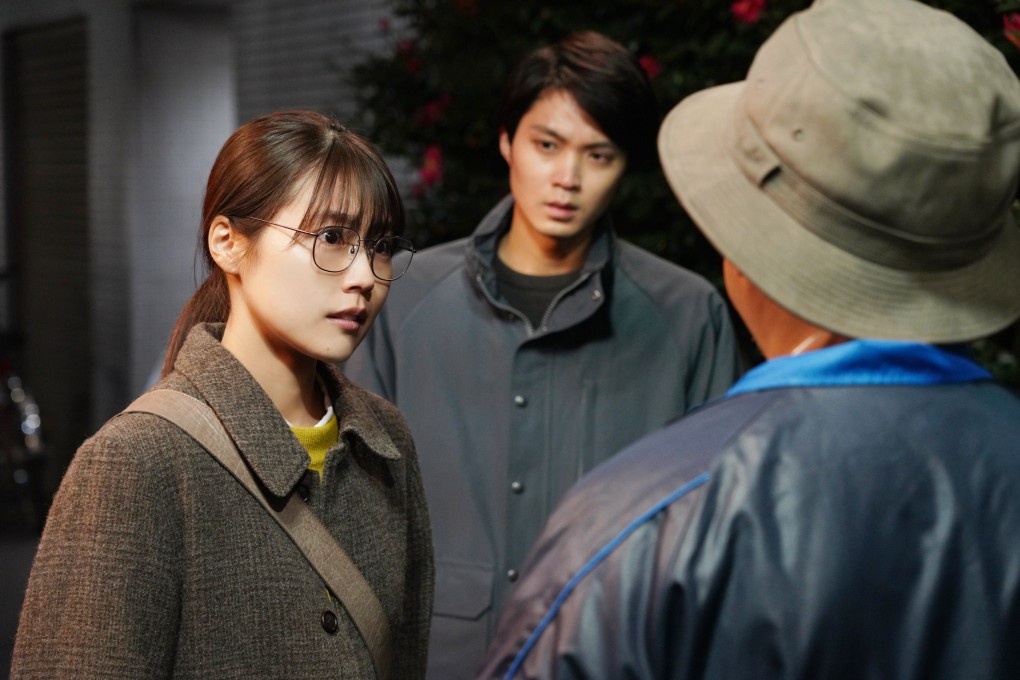Review | Prior Convictions movie review: Japanese manga adaptation sees Kasumi Arimura reprise her role from TV series as a volunteer probation officer
- Popular Japanese actress Kasumi Arimura plays volunteer probation officer Kayo Agawa, who gets caught up in a series of killings
- With its attention to detail and meandering plot, this feature film would be better as a series, but Arimura manages to hold it all together

3/5 stars
One of Japan’s most popular young actresses, Kasumi Arimura has built a robust and eclectic body of work, playing meek and inarticulate romantic heroines as well as appearing in numerous horror and fantasy-infused projects on both big and small screens.
Kayo Agawa, the plucky protagonist at the centre of Prior Convictions, first appeared in the six-part television series of the same name that aired on Japanese satellite channel WOWOW in late 2021. Arimura now reprises the role of Kayo, a part-time convenience store clerk and volunteer probation officer, in this feature-length sequel.
Adapted once again from the manga series created by Masahito Kagawa and Toji Tsukishima, Kayo’s latest adventure sees her embroiled in a murderous shooting spree, after one of her charges is implicated.
She is initially pleased with the progress made by middle-aged parolee Makoto (Go Morita), who has landed a permanent job as a mechanic. When a police officer is overpowered and his stolen sidearm used in a series of killings, however, Makoto disappears, casting a shadow of suspicion over him.
Director Yoshiyuki Kishi, who directed four episodes of the television series, retains the show’s sombre tone as well as most of its supporting cast. However, the transition to the big screen is far from a seamless one.